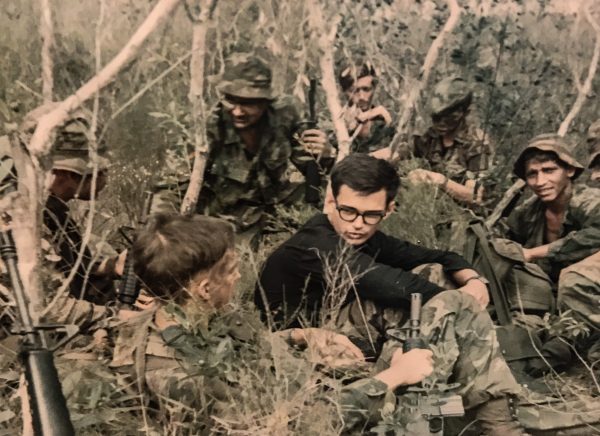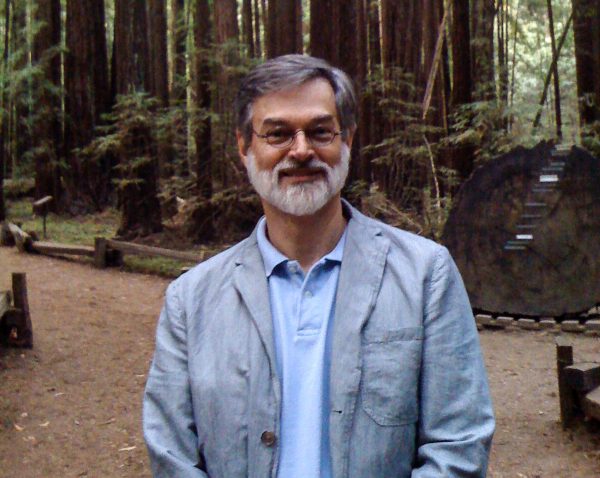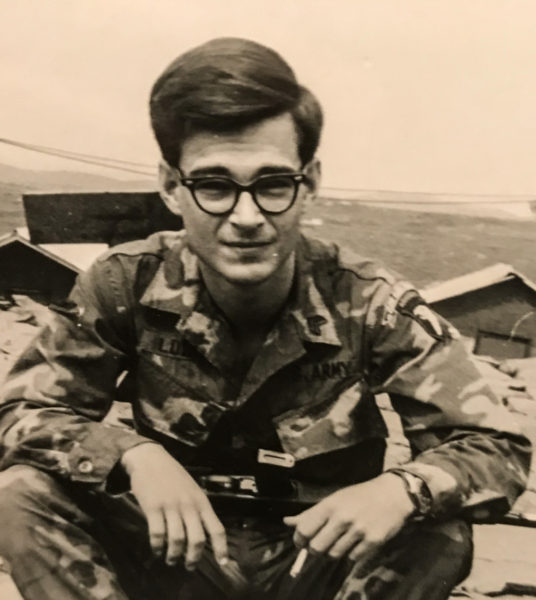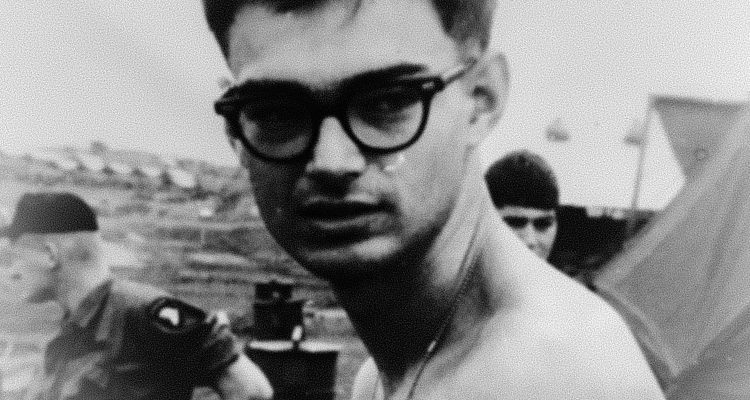When he first returned to American soil nearly 50 years ago, people looked the other way because they did not want to see someone connected to the unspeakable horrors about which they had heard so much.
They didn’t want to believe it, but they didn’t want to ask about it either.
Then he came home
“I grew up in St. Albans, W.Va., and went home to there when my tour was finished, and after that I went off to WVU,” recalled John Looney, a Vietnam veteran who now serves as the Team Leader at the Wheeling Vet Center. “And when I came home, a lot of people were blaming the messengers, the guys who were drafted and had to go to war. The country got confused with us.

“We withdrew. A lot of us withdrew and kept real quiet. We would only talk to each other because no one else understood,” he continued. “They only believed what they were told by the media and by the protesters. And we paid the price.”
Looney served with the United States Army as a Senior RTO for a year-long tour in Vietnam. He was the solider in his unit who carried the 25-pound radio so communication was possible from the thick jungle he and his battle buddies navigated while on long-range patrols.
“When we kind of hid away, we did that because we didn’t want to be ridiculed. You had things that you wanted to talk about, but no one wanted to hear about any of it,” Looney remembered. “No one really understood that, so isolating yourself was the best option.

“We just stewed, but that changed with (Operation Desert Shield). It was a very quick war, and when those men and women came back to the United States, a lot of them got a parade,” he said. “And you know what? Vietnam veterans were there supporting them, too, because we wanted them to be welcomed back because that’s not something we received from the American people.”
Looney appreciated the recently released documentary on the Vietnam War by Ken Burns because of the historical accuracy of the series, and he enjoyed the documentary on West Virginians who served in the war because it centered more on the soldiers’ experience while serving abroad.
He spent much of last week prior to Veterans Day visiting local schools in Ohio County that were hosting appreciation-based functions, and then he attended a free breakfast hosted at Generations by American Legion Post 1 because the fraternal’s ceremony on the third floor of West Virginia Independence Hall.
“When I went to the event at Woodsdale Elementary, I took with me the sea rations and MREs (Meals Ready to Eat) that we used during World War II and the Vietnam War so the children could gain a perspective on what that was like,” Looney said. “I also wanted them to know a lot of the good things about the military because far too often I believe people try to scare the children when talking about serving the country.

“This region has been very patriotic through all of the, wars and that’s because you will find more veterans here than you will in most areas of the country. It’s just our culture in this area. It’s our nature. We’re very committed to fight for our country and for the whole idea of patriotism,” he continued. “We have a trust in patriotism, and we have a trust in each other. You really can’t find that in too many places, but you sure can here,” he said. “And you do not have to look far.”
This week, though, Looney has returned to counseling local veterans at the Wheeling Vet Center that is located at 1058 E. Bethlehem Blvd. The facility’s staff welcomes all veterans who have served in combat theatres and frequently hosts family nights, group and individual sessions, and often serves as a veteran’s gateway to gaining medical benefits through the Veterans Administration.
Because of the density of local citizens who have served in the military, the Wheeling Vet Center is often a busy place, but Looney views that fact as a positive.
“Lately, the patriotism in the Upper Ohio Valley hasn’t just faded away after Veterans Day or Memorial Day, and I believe that helps our veterans decide to get the help they know they need because they want to be productive members of our community instead of locking themselves away like many of us felt we needed to do,” he said. “With the younger veterans coming home, the people seem to be much more open to it, and that has translated into an appreciation for those of us who served in Vietnam. I believe it’s because we know so much more about PTSD (Post Traumatic Syndrome Disorder) and the impact of serving in combat zones.
“And it’s a better country because of that,” Looney added. “There is now more of an understanding, and the American people want to be safe instead of taking that safety for granted like so many did years ago.”
(Photos provided by John Looney)





